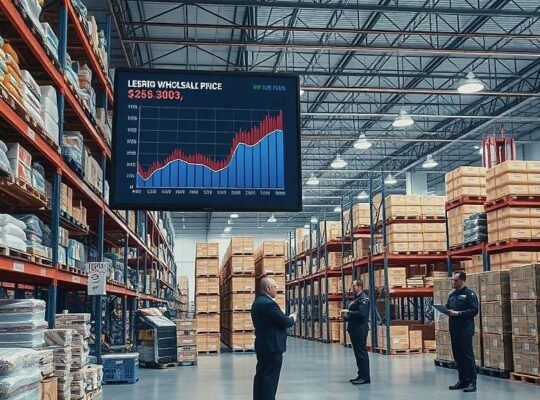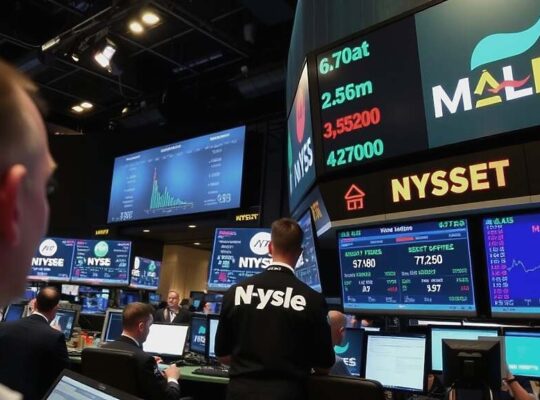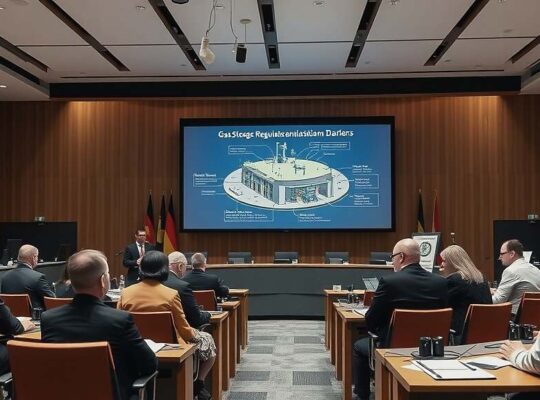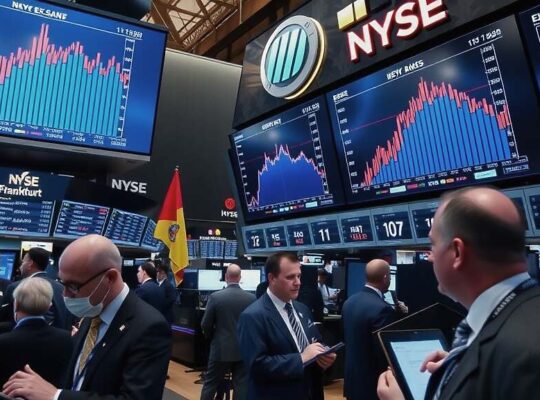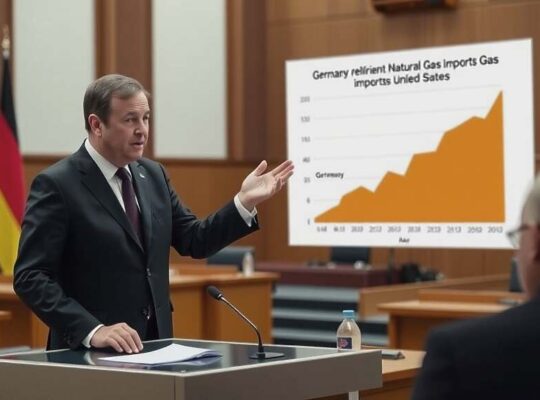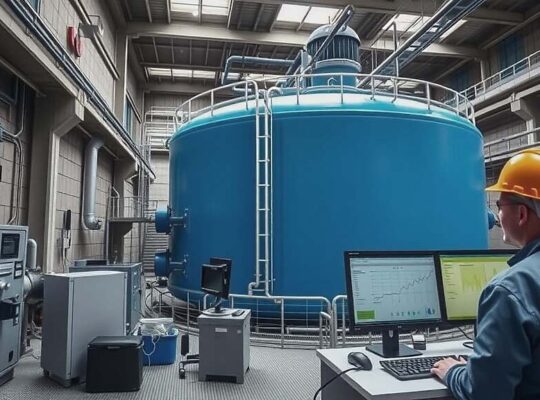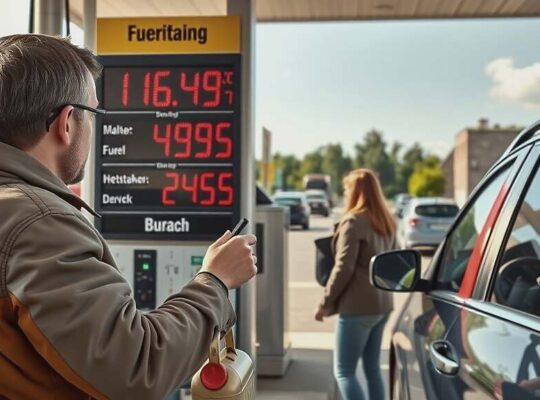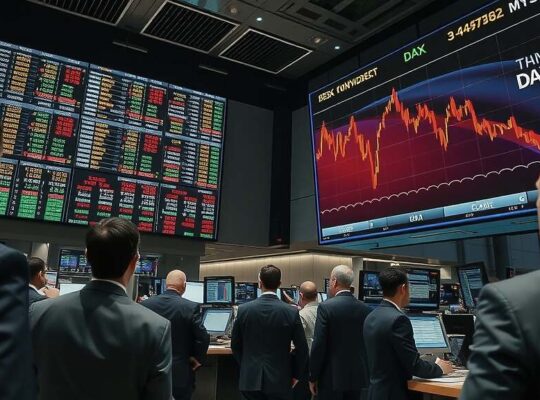Federal Cartel Office President Confirms “Rocket and Spring Effect” in Gasoline Prices
Andreas Mundt, President of the German Federal Cartel Office, has confirmed the phenomenon known as the “rocket and spring effect” in gasoline prices. This refers to the rapid increase in fuel prices at the pump when crude oil prices rise, contrasted by a slower reaction when prices fall. Speaking to RTL and ntv, Mundt stated that their recent report confirms this effect, potentially validating the perceptions of many drivers.
Mundt attributes this behavior to the pricing strategies of suppliers, explaining that oil companies tend to quickly adjust prices upwards to protect their profit margins when costs increase. Conversely, they are often hesitant to lower prices promptly, aiming to maintain profitability. He suggested this could also indicate that competition within certain segments of the market is not as intense as it could be.
Despite this observation, the head of the cartel office emphasized that this pattern does not automatically imply illegal collusion among companies. He noted that extensive investigations over the years have yielded no evidence of such agreements, highlighting the high level of transparency in the market where companies are fully aware of pricing at all gas stations across Germany. The Federal Cartel Office did not identify significant price discrepancies between independent and major fuel station chains.
The differing price movements observed between diesel and E10 gasoline remain somewhat unclear, according to Mundt. He acknowledged the complexity of price developments, citing factors such as refinery operations and weather conditions, such as low water levels on the Rhine River, as potential contributing elements. He mentioned that a comprehensive sector investigation into the wholesale of mineral oils has recently been completed and ongoing efforts to enhance market transparency are continuing.
However, Mundt assured consumers that they are not without recourse. He recommended utilizing available apps to compare prices and pointed out that fuel prices typically fluctuate throughout the day, with the most affordable times generally between 5 PM and 8 PM and the most expensive between 7 AM and 8 AM. He advised that once a cheaper gas station is identified, it tends to remain so.
In conclusion, Mundt urged consumers to take advantage of the tools available to them and emphasized that informed purchasing decisions can exert a degree of competitive pressure on fuel providers.




